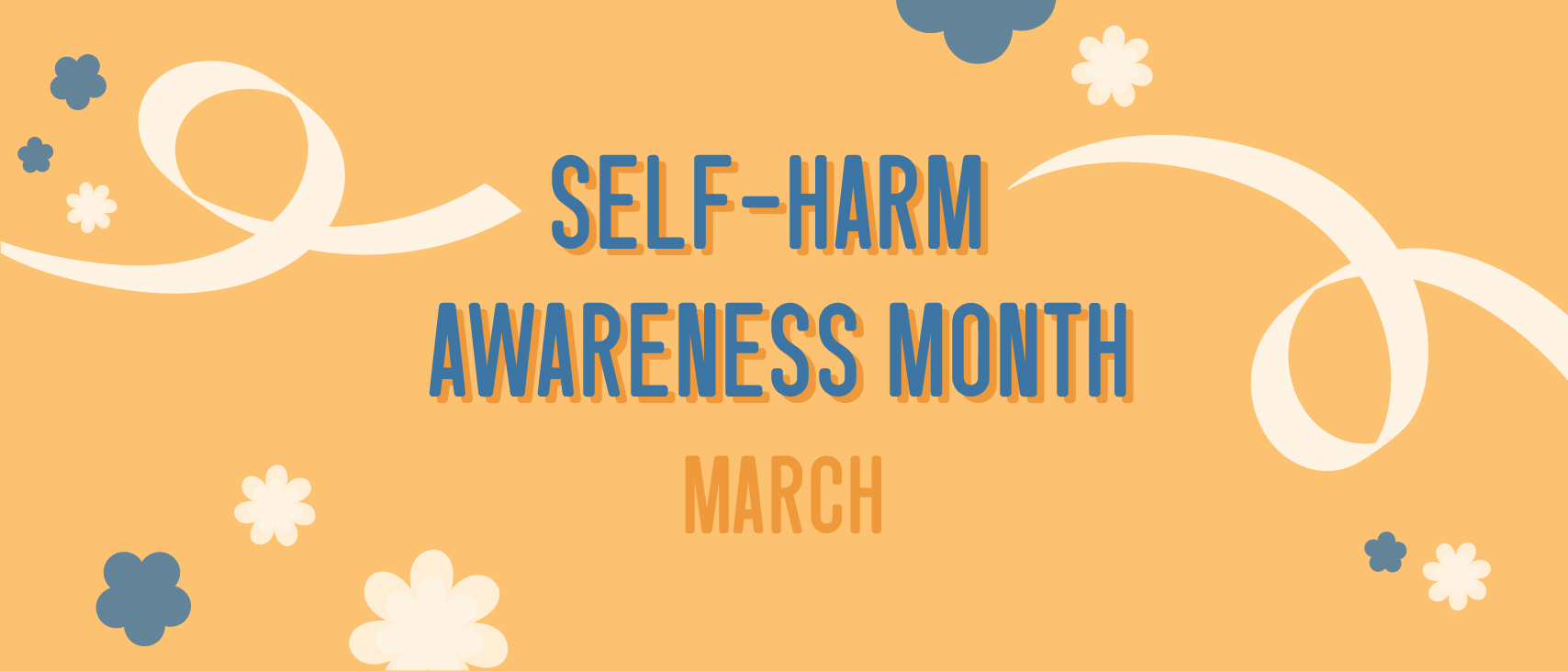On this last day of self-harm awareness month, we are answering some common questions

What is Self-harm?
Self-harm includes any behavior through which someone causes injury or harm to themselves, to deal with overwhelming thoughts and feelings (or for other reasons), that become difficult to manage. It can take many forms like cutting, burning, picking hair or wounds or taking (ingesting) non-lethal doses of injurious substances.
Why do people self-harm?
There can be multiple reasons for self-harm. In very distressing situations or long-term life conflicts, someone might use self-harm as a way to cope with intense emotions that arise. They may find it difficult to tolerate the extreme pain, and end up self-harming to relieve themselves of the built-up pressure. While, for some it can also be to feel anything real to combat emotional numbness.
Do people self-harm deliberately to seek attention?
Not really. Self-harm, often involves a lot of shame and guilt for the person, and they find it difficult to reach out for help or talk to someone about their problems. This can lead to a vicious cycle of self-harm. Self-harm usually involves challenging life situations that cause lot of emotional distress and affects the person’s functioning in other areas of life too.
Does self-harming mean person is suicidal?
It can mean that. However, many people who engage in self-harm, do so as a survival mechanism, to try and deal with difficult emotions and circumstances. Often described as a way to cope with the pain, so that they can go on. People who self-harm can be at-risk for feeling suicidal. Hence, it’s important to pay attention and take it seriously.
What can I do if someone I know is self-harming?
It can be important to pay attention to signs if someone maybe self-harming. This behaviour may be related to more serious or challenging issues and conditions. Simply asking someone how they are doing and trying to listen without judgement is helpful. It is possible we may not always understand self-harm completely, but simply being there to show support is also fine. You can convey this and let the person know you are there, and let them choose to reach out to you when in need.
Encourage them to seek professional help and treatment and offer help through the process, if possible. It is important to not push the person into stopping self-harm, seek help or talk unless they are ready to.
What can I do if I self-harm?
- Talk to someone you trust and feel comfortable with
- Whom to ask for help- connect with mental health professionals, helplines or ask a friend to assist you
- Use Distraction and alternative coping techniques till urge subsides- writing your thoughts, listening to music, taking a walk, deep breathing, art or sketching or scribbling.
- Keep yourself safe- Avoid alcohol, drugs and smoking. Make a list of things that make you feel calm, and prepare a safety plan in advance to know exactly what steps you should take to help yourself.
- Set a five or ten minute rule, where if you feel like self-harming, wait for 5 minutes or 10 minutes, till eventually the urge reduces.
- It is possible to overcome and deal with self-harm in healthy way overtime and it’s not always a life-long cycle. Be patient with yourself.

